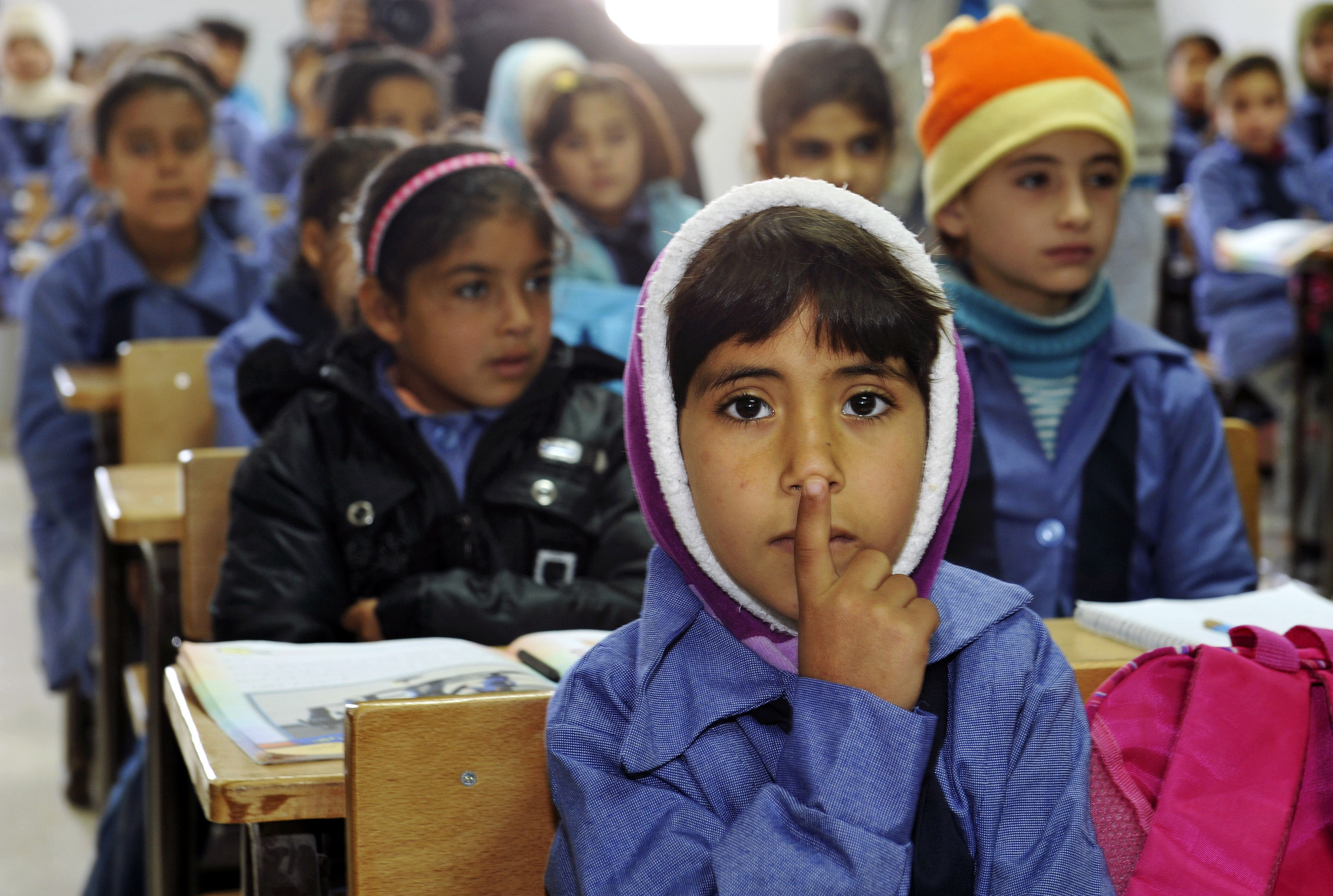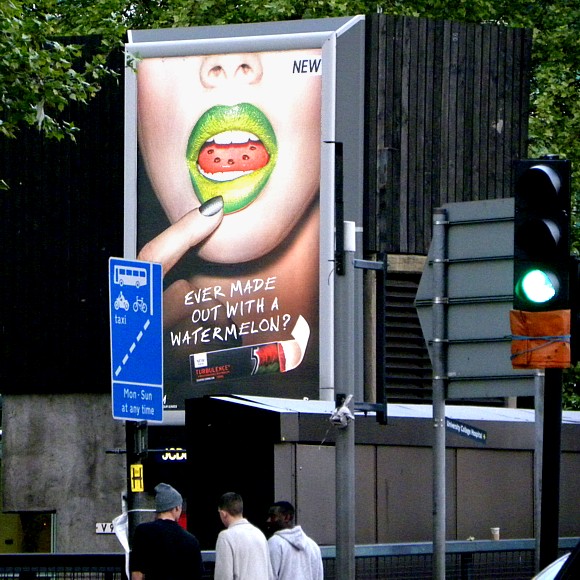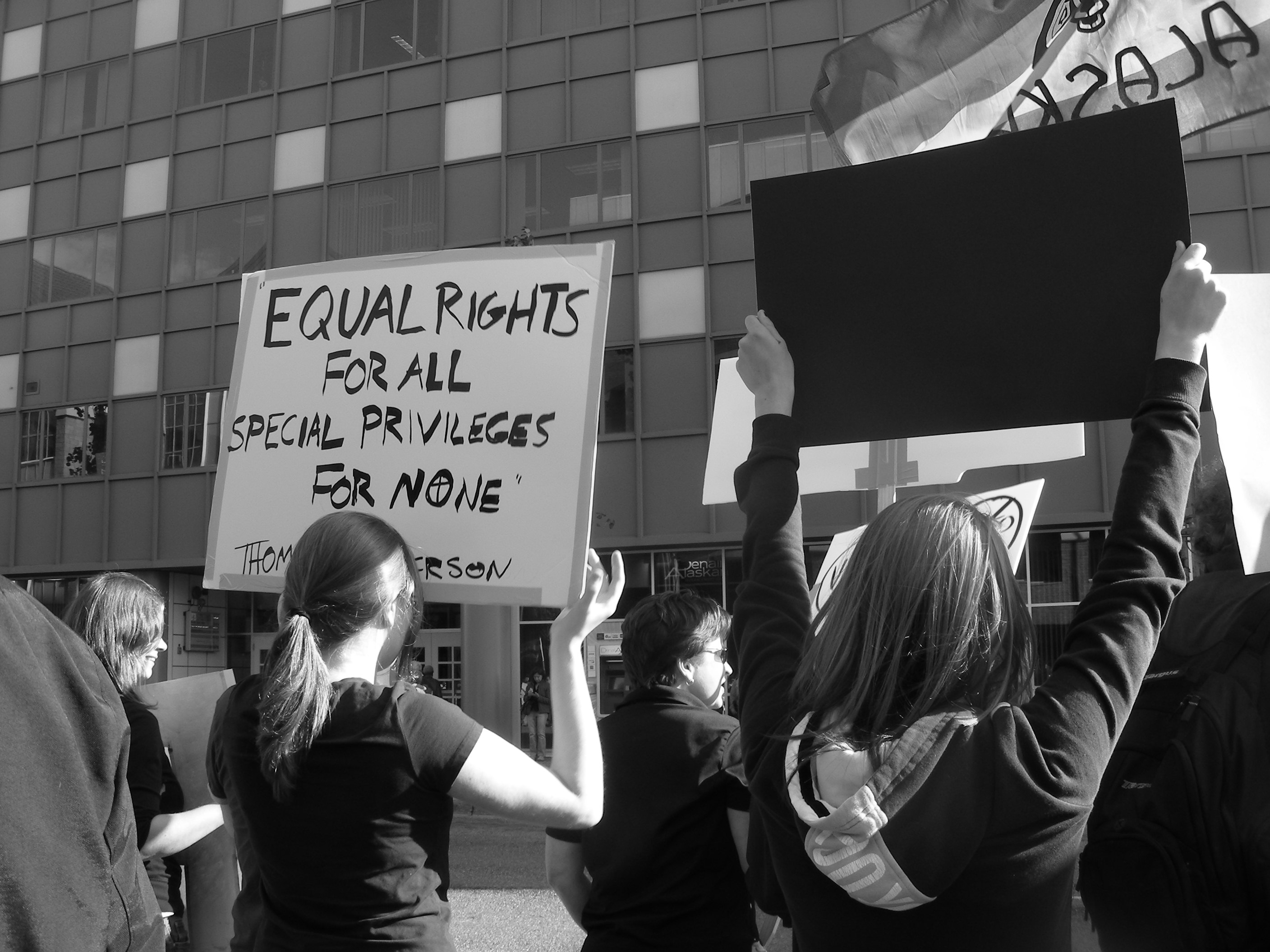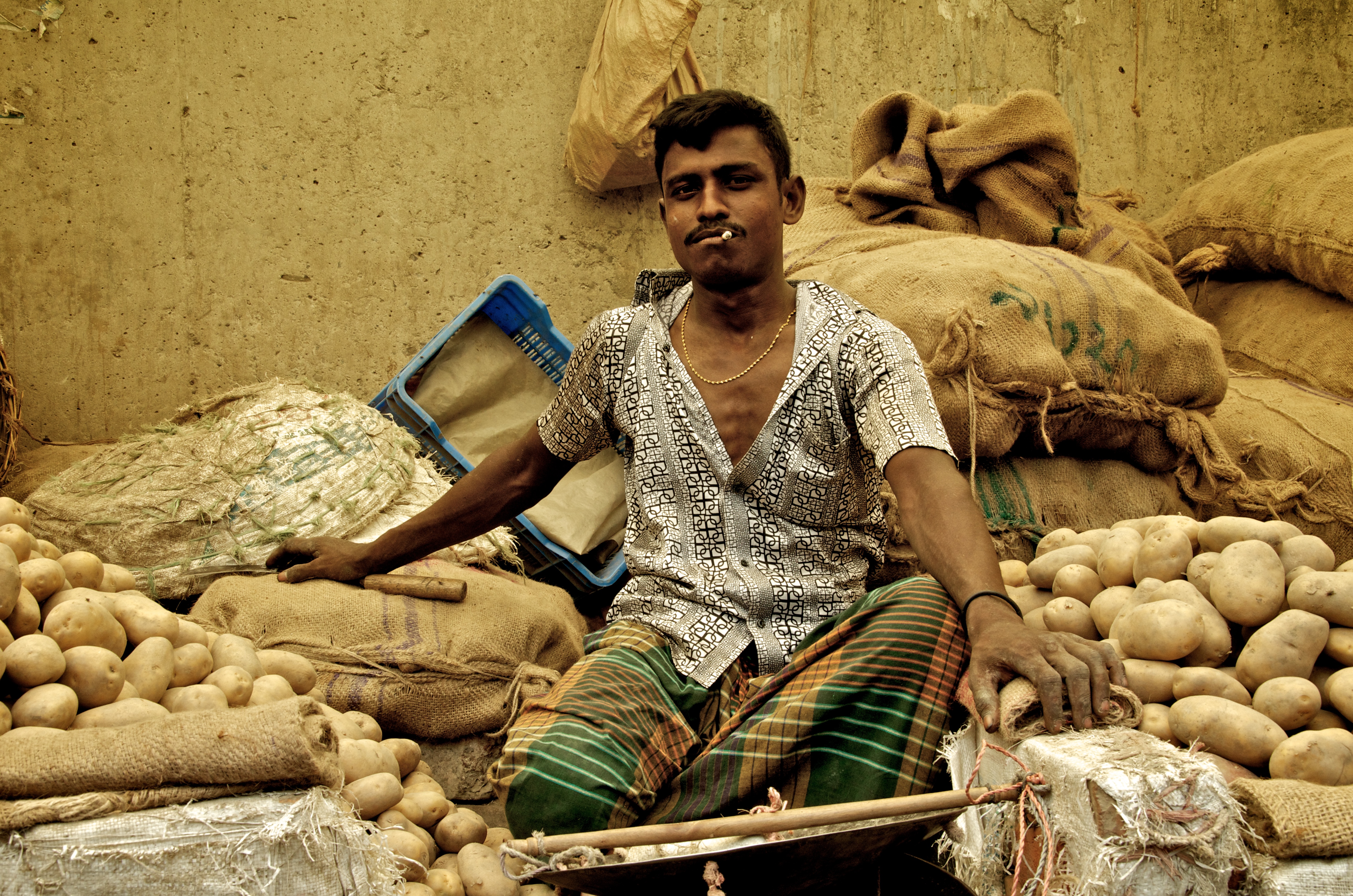Principal Maha Salim Al-Ashkar had to apologize to a Syrian mom because she was not able to enroll her child at the primary school in the suburbs of Amman, Jordan.
“I don’t have space,” she told the mother. This Syrian crisis has added tens of thousands of students to Jordan’s overflowing classrooms. Khawla Bint Tha’alba Elementary School for Girls was no exception.
However, the mother would not give up. She had already been rejected from many schools so the principal compromised with her.
“I will register your daughter, if you bring a chair for her,” the principal concluded.
From then on, Principal Al-Ashkar refused to deny any refugee student from the school she’s headed for 10 years. Parents bring plastic chairs with their children so they would have a place to learn.
“After I accepted a large number of Syrian students, there was an increase in the numbers,” she says in a video produced by the United States Agency for International Development (USAID). “The main problem that we faced is that the Jordanian students already filled the school’s capacity.”
Khawla Bint Tha’alba Elementary School for Girls has 356 students with 65 Syrian students thanks to the principal’s efforts. However, the problem is not solved here. Though students are receiving an education, it is quite tough to integrate them into the classroom. Many of them faced traumatic experiences and need special counseling and care.
“We had some Syrian students with psychological trauma,” Ms. Maha says. “One of the students came from an area that had been bombed, so she was fearful. There is another student who lost her father.”
USAID funds schools like this in Jordan. They support instructor training and remedial programs.
Many advocacy organizations are calling this Syrian civil war one of the worst humanitarian crises of our time. It has resulted in more than 4.8 million Syrian refugees around the world. Most refugees flee to neighboring countries like Jordan, a country in which about 635,000 Syrian refugees currently live.
“I really love my school, and I also love my students,” Principal Maha says. “And I think love is giving as much as you can, by helping and supporting them to take away their hurt.”
Article via Mashable, March 08, 2016
Photo: Jordan Camp Host to Thousands of Syrian Cross-Border Refugees via United Nations Photo [Creative Commons Attribution-NonCommercial-NoDerivs]





